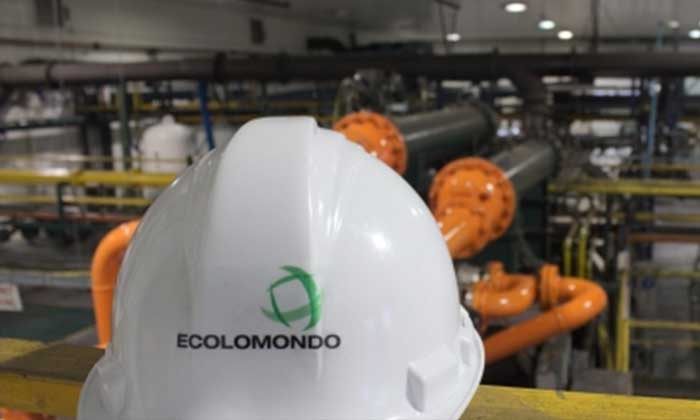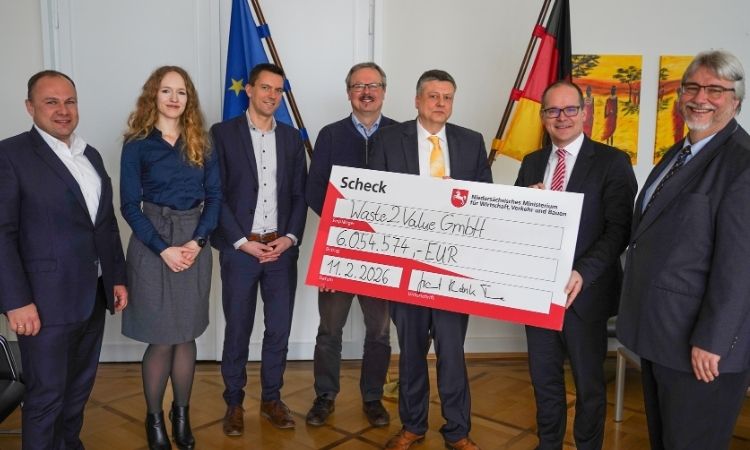From tyres to football pitches? Why the microplastics’ ban misses the mark on the EU’s circular economy
The European Recycling Industries’ Confederation (EuRIC) strongly rejects an EU proposal that will indirectly ban materials from tyres as part of its effort to eradicate microplastics.
Each year around 150 million tyres are processed for recycling annually – that’s one tyre for every three EU citizens. This rubber from recycled tyres has a wide range of everyday benefits that may not always be obvious – including essential materials for artificial football pitches, children’s playgrounds, and filling potholes.
“Under the current proposal more than 50,000,0000 unrecycled tyres may pile up or are at risk of being exported outside the EU for incineration where environmental standards are less stringent. A one-size-fits-all approach is not the smart climate policy that we expect from the EU,” says Emmanuel Katrakis, Secretary General of EuRIC.
Combined with stringent risk management measures to limit microplastics release practiced by leading organisation such as FIFA, a REACH-compliant circular economy for tyres already exists in the EU. This prevents a staggering 371,000 tonnes of CO2 emissions from damaging an already fragile climate. This is equivalent to the amount of CO2 absorbed by forests 14 times the size of Brussels. It also puts at risk almost 70 million EUR in turnover to Europe’s already struggling economy. Therefore, European recyclers strongly urge the EU to reconsider the value of this material from recycling as outside the scope of the proposed microplastic definition.
About EuRIC
The European Recycling Industries’ Confederation (EuRIC) is the umbrella organisation for recycling industries. Through its member federations from 21 EU & EFTA countries, EuRIC represents across Europe over:
- 5,500+ companies generating an aggregated annual turnover of about €95 billion, including large companies and SMEs, involved in the recycling and trade of various resource streams;
- 300,000 local jobs which cannot be outsourced to third EU countries;
- Million tons of waste recycled per year (metals, paper, glass, plastics, textiles, tyres and beyond).
By turning waste into resources, recycling is the link which reintroduces recycled materials into value chains again and again. Recyclers play a key role in bridging resource efficiency, climate change policy and industrial transition.
Original press release by (EuRIC).
Weibold is an international consulting company specializing exclusively in end-of-life tire recycling and pyrolysis. Since 1999, we have helped companies grow and build profitable businesses.









